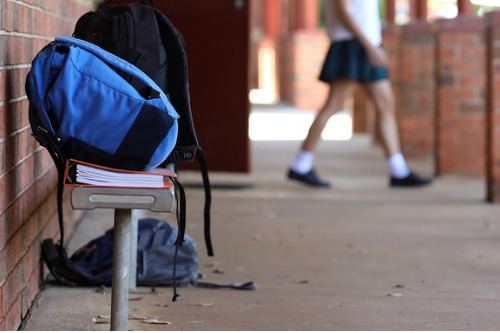
At least 50,000 children of compulsory school age are not participating in an education program of any type, a new report by the University of Melbourne has revealed.
The new study, titled: ‘Those Who Disappear: The Australian education problem nobody wants to talk about’ was authored by Dr Jim Watterston, Dean of the University’s Melbourne Graduate School of Education, and Honorary Fellow Megan O’Connell.
Dr Watterston said the issue is a “serious educational crisis” that has until now been “largely ignored”.
“Young Australians of all ages have been able to detach themselves from the education system and we don’t know who they are, where they are, or why they remain hidden,” Dr Watterston said.
Education systems ‘can’t keep track’
The report highlighted a multitude of factors that can lead to disengagement and detachment, including identity issues, learning difficulties, lack of financial resources, family dysfunction, mental illness, relationships with teachers and peers, and bullying.
To help address this, the authors say detection and intervention need to happen early in a young person’s life. However, they point out that Australian education systems are not adequately equipped to keep track of detached young people.
“Education departments often use the term ‘disengaged’ as a catch-all for students who are challenged by their school experience, but don’t identify that many thousands of students are not accounted for at all,” Dr Watterston said.
“By not making the distinction between disengaged students and those who have detached entirely from the education system, the extent of this crisis has been masked.”
‘Current responses are ad-hoc and short-term’
The report said that despite some ‘green shoots’ on an “otherwise barren policy landscape”, current responses to the issue of detachment from school are “generally ad-hoc, short-term and jurisdictionally based”.
The authors of the study propose eight recommendations to tackle the issue, including data sharing across all schools and school systems, early intervention, support for teachers to identify students at risk and increased investment in psychology, mental health and allied support services.
Dr Watterston said the issue now requires “urgent attention” from governments and the education sector.
“We need a national commitment from all states and territories to ensure that all children and young people are supported to access a quality education, especially those who are at risk of disengaging and detaching,” he said.
“It is time to take serious coordinated action to prevent our most vulnerable young people from falling through the cracks.”


